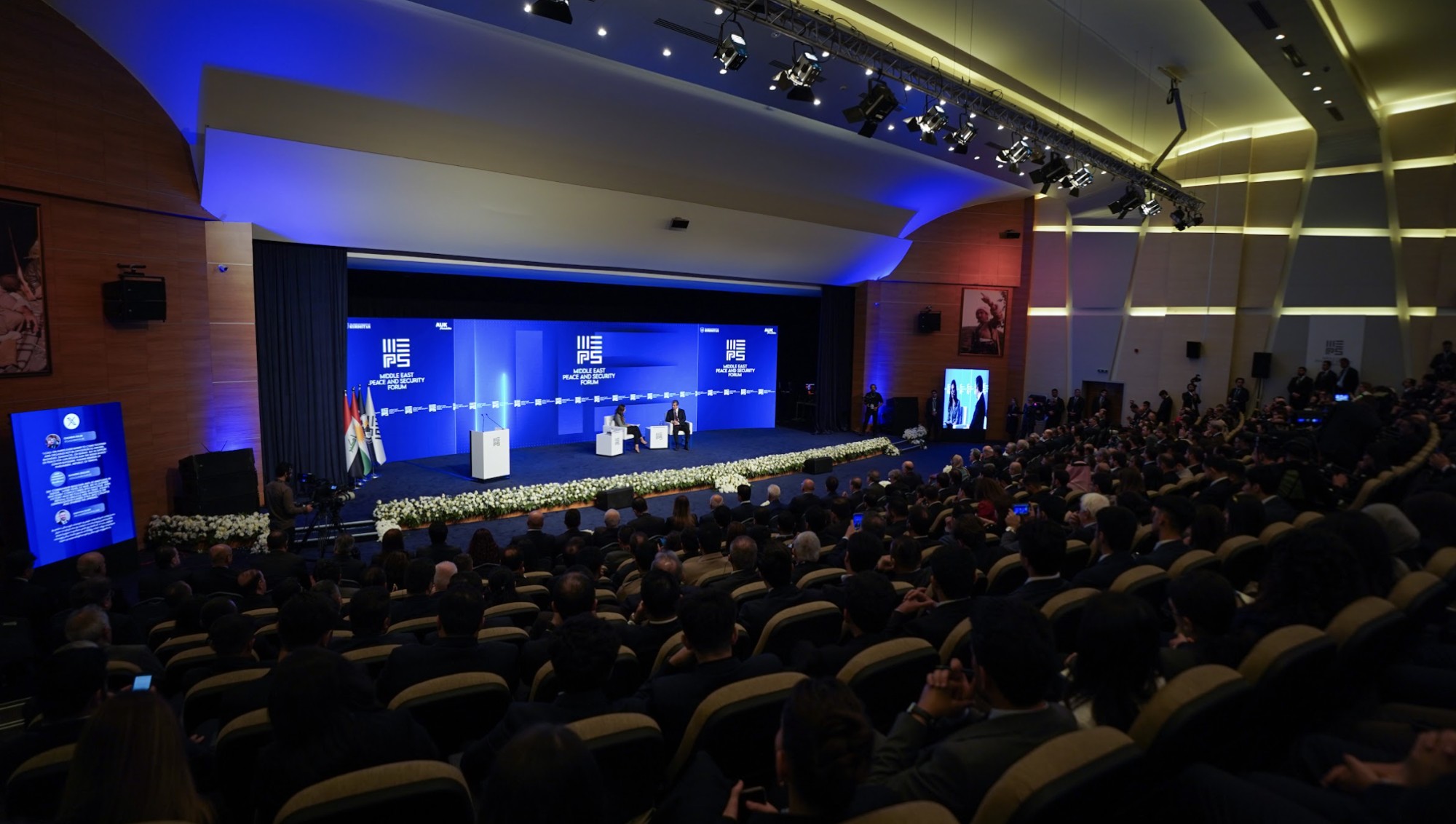In an interview with Kurdistan Chronicle, the Netherlands’ Ambassador to Iraq Hans Sandee said that the Dutch-Kurdish community plays a vital entrepreneurial role in the private sector in the Kurdistan Region.
There are reportedly 6,000 Dutch Kurds living in the Kurdistan Region, and several small and medium-sized collaborative projects have been created by Kurdish and Dutch companies, including in the dairy and potato industry, in recent years.
This development aligns with the plans of the Kurdistan Regional Government’s (KRG) Ninth Cabinet to diversify the economy and reduce the region’s dependence on oil.
Sandee said that in many cases, Dutch Kurds are not only involved in the private sector in the Kurdistan Region, but are also pursuing business opportunities in the Netherlands.
“They play a very positive and constructive role. For this reason, I label them as quasi-ambassadors for the Netherlands in Kurdistan; conversely, the Kurds are like ambassadors of Kurdistan in the Netherlands as well. I see that as a win-win situation.”
Sandee also said that there are different ways that the Netherlands can support Kurdistan, including in the fields of trade, agriculture, and water management.
“There is direct support, for instance from the Consulate General, which closely cooperates with the KRG on several economic topics, and also addresses different types of trade requests from both Kurdish and Dutch businesses,” he said.
Moreover, Sandee said that there is “cooperation from the government in terms of supporting projects and programs, developing the private sector, and providing training opportunities.”
Agricultural agreement
Ambassador Sandee added that there has been an overarching agricultural cooperation framework between the Netherlands and the Kurdistan Region from July 2021. “Under that framework, there are all kinds of ways in which we can bolster entrepreneurship across Kurdish society,” he said.
The Netherlands, it should be noted, also cooperates with the Kurdistan Region through academia.
“You probably know that there are many other institutions of higher learning dealing with agriculture. For instance, Wageningen University helps us with knowledge transfer. They provide methods and techniques that are useful for agriculture across societies, most notably to make agriculture more climate resilient and less dependent on water usage.”
The Netherlands, internationally recognized as a leader in water management and agriculture, provides expertise and climate-resilient seeds to Iraq and the Kurdistan Region, with the Dutch championing technologies like drip irrigation that minimize water usage.
“There are many ways through which we support water management in both the Kurdistan Region and Iraq, both at the federal level and at the provincial level, for instance in Basra.”
Climate awareness
Still, Ambassador Sandee highlighted that much can be done in the Kurdistan Region to raise awareness about the issue of water scarcity.
“People in Iraq still use water to clean roads, and a lot of water is being used for unnecessary purposes. Therefore, awareness and advocacy are important priorities for us at the Embassy and Consulate General.”
He also emphasized that Iraq needs to adopt innovative techniques to improve its water management. “Considering the population growth in Iraq, it is patent that there will not be enough water,” he said.
Therefore, he argues that Iraq should focus on sustainable and renewable energy and water usage, and the Netherlands is ready to provide knowledge and expertise in these areas.
Supporting Yezidis
The Netherlands has also supported projects that benefit the Yezidi Kurds in Iraq, especially in areas such as mine clearance, humanitarian support, and accountability. In July 2021, the Dutch Parliament recognized the crimes of ISIS against the Yezidi Kurds as genocide; many Yezidis now live in the Netherlands.
“It’s important to highlight that we have many policies and projects that benefit Yezidis and other groups that were the victims of ISIS crimes,” Sandee said. “In general, we provide significant support to those in internally displaced person (IDP) camps, and work to help them return to and reintegrate into their places of origin.”
As an example, he noted that the Netherlands supports mine clearance projects in Iraq, which enable IDPs to return to their areas and invest in agriculture in these areas. “I have seen great projects, and I know it’s possible due to demining activities.”
“At the same time, we also find it crucial that there is accountability for past crimes and that they do not go unpunished. Therefore, we support the UN Investigative Team to Promote Accountability for Crimes Committed by ISIS (UNITAD),” he added.
“Unfortunately, UNITAD will leave Iraq, but the effort to bring perpetrators of these atrocities to justice will continue both in and outside Iraq,” he continued. “It is something that we will have to continue to explore, waiting to see how the talks between UNITAD and the Iraqi government progress, how the responsibilities will be shared, and what role interested countries like the Netherlands can play in the future.”
Sandee emphasized the importance of evidence gathering for Dutch courts, as many Dutch ISIS fighters and women have faced trials in the Netherlands. “There is interest from the Netherlands to continue,” he said.
The newly appointed Dutch government is also considering an initiative to establish an international tribunal for prosecuting ISIS crimes.
In October 2020, Baghdad and Erbil signed the UN-backed Sinjar Agreement with the goal of stabilizing the situation in Sinjar, but so far it has not been implemented. The Dutch authorities are monitoring the agreement’s implementation by local and federal authorities.
Sandee underlined that people will not return to Sinjar unless there is real security, housing, and education for the younger generation. “We recognize that the government is doing its fair share, but more should be done. We call on the government on all levels to assure security, which is the precondition for people to return to their homes.”
Wladimir van Wilgenburg is a seasoned reporter and analyst who specializes in Kurdish affairs, and holds a Master’s degree in Kurdish studies from Exeter University.

